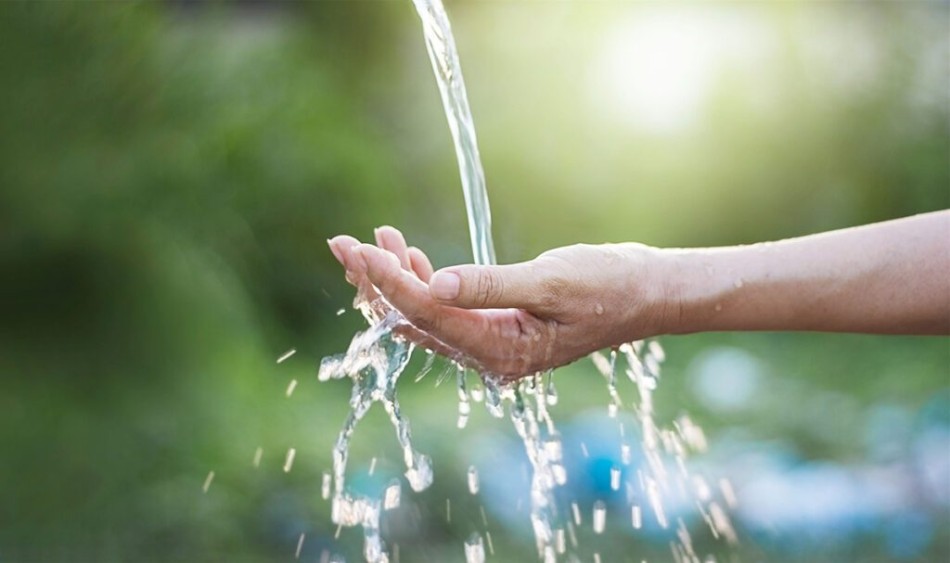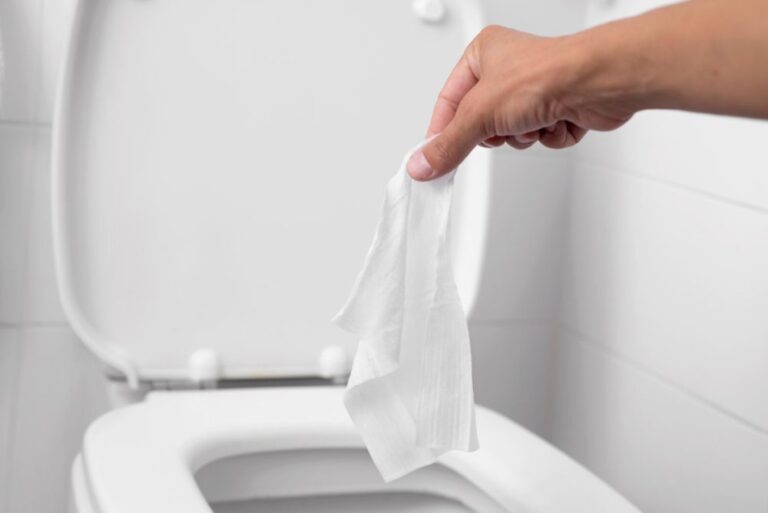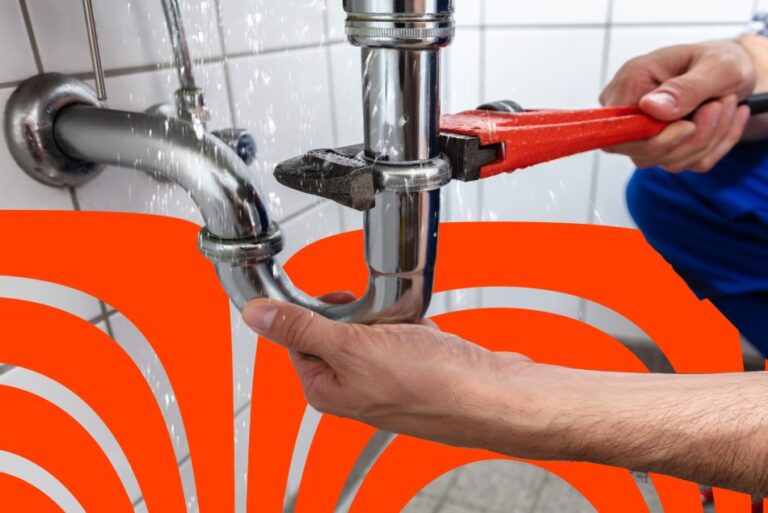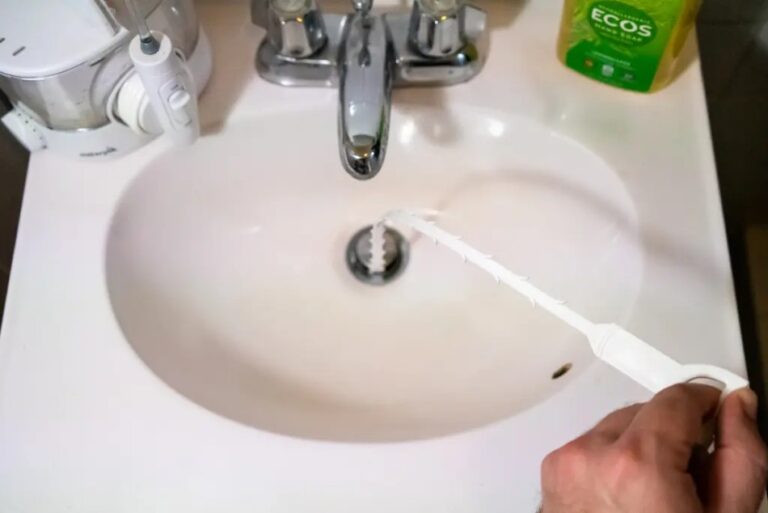Water is universally recognized as essential to life, playing a crucial role in our everyday routines and health. However, it’s important to note that not all water is the same. Hard water, an issue that many households face, can have unforeseen consequences that affect both your home and your well-being. From causing pipes to clog to leaving your skin feeling dry, the effects of hard water are extensive and sometimes elusive. In this blog, we’ll explore the hidden impacts of hard water, shedding light on how it can affect you and your living space.
What is Hard Water?
Hard water refers to water that has a high concentration of dissolved minerals, particularly calcium and magnesium ions. These minerals naturally exist in the earth’s crust and can seep into the water supply as it moves through mineral-rich geological formations. The hardness level of water is determined by the amount of these minerals, typically measured in parts per million (ppm) or grains per gallon (gpg). High mineral content in water can lead to a range of problems in both homes and industries, such as buildup in pipes and appliances, diminished soap effectiveness, and a cloudy appearance.
How Hard Water Affects Your Health
Despite being generally safe to drink, hard water may have several adverse effects on your health:
– Skin Issues:
The mineral deposits from hard water can linger on your skin, leading to dryness, irritation, and itching.
– Hair Problems:
These minerals can also make your hair feel dry and brittle, contributing to damage over time.
– Digestive Concerns:
In some cases, the minerals may react with stomach acid, leading to discomfort or digestive troubles.
– Kidney Stones:
Regular consumption of hard water could elevate the risk of kidney stones, which are painful deposits that form in the kidneys.
– Heart Health:
Some studies hint at a potential connection between hard water consumption and an increased risk of heart disease, though more research is warranted.
– Eczema Risk:
Hard water has also been associated with a higher likelihood of eczema, a chronic condition marked by dry, itchy, and inflamed skin.
To reduce the negative effects of hard water on your health, consider investing in a water softener or installing a filtration system that can eliminate excess minerals.
Solutions for Hard Water
Hard water can introduce various challenges, such as clogged pipes, damaged appliances, and dry skin and hair. Fortunately, there are effective solutions available to tackle the hard water issue:
Reverse osmosis is an excellent method for removing minerals from water. It employs a semipermeable membrane to effectively filter out impurities, yielding soft, clean water.
Chemical treatments are another option to combat hard water. For example, adding sodium carbonate or sodium hydroxide can neutralize hard minerals, reducing their impact on water hardness.
Magnetic water treatment is a newer and less conventional approach to managing hard water. This technique utilizes magnets to change the structure of minerals, making them less likely to cling to surfaces and create issues.
Boiling hard water can precipitate some minerals, but it’s worth noting that this method may not be very effective for high levels of hardness.
Ultimately, the best solution for tackling hard water will depend on the specific situation. In many cases, installing a water purifier can significantly mitigate the effects of hard water.




